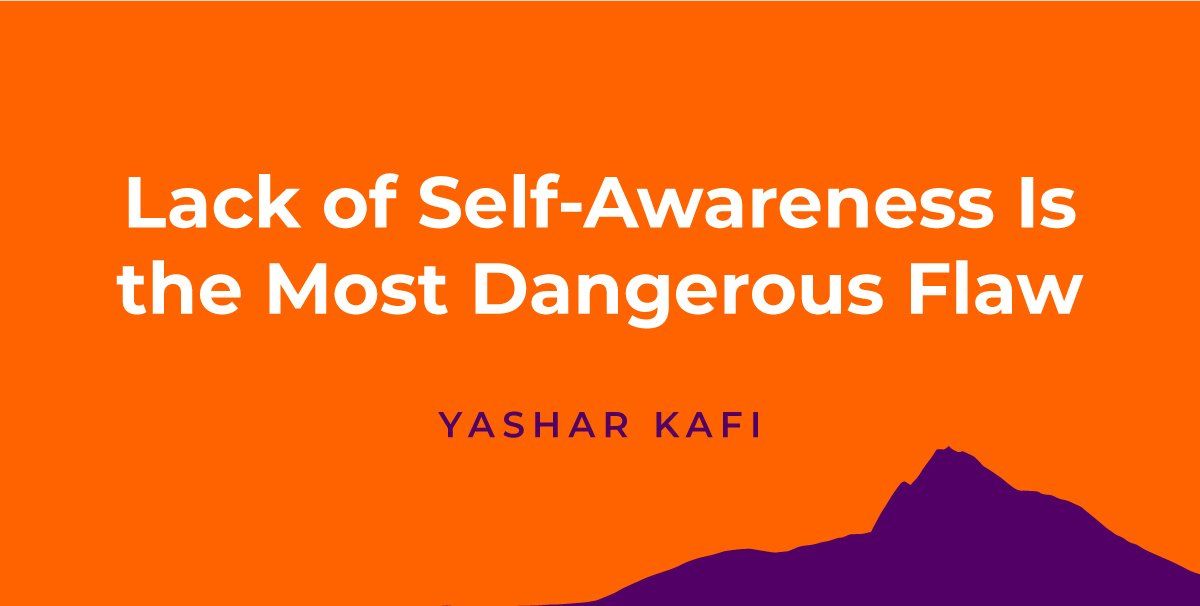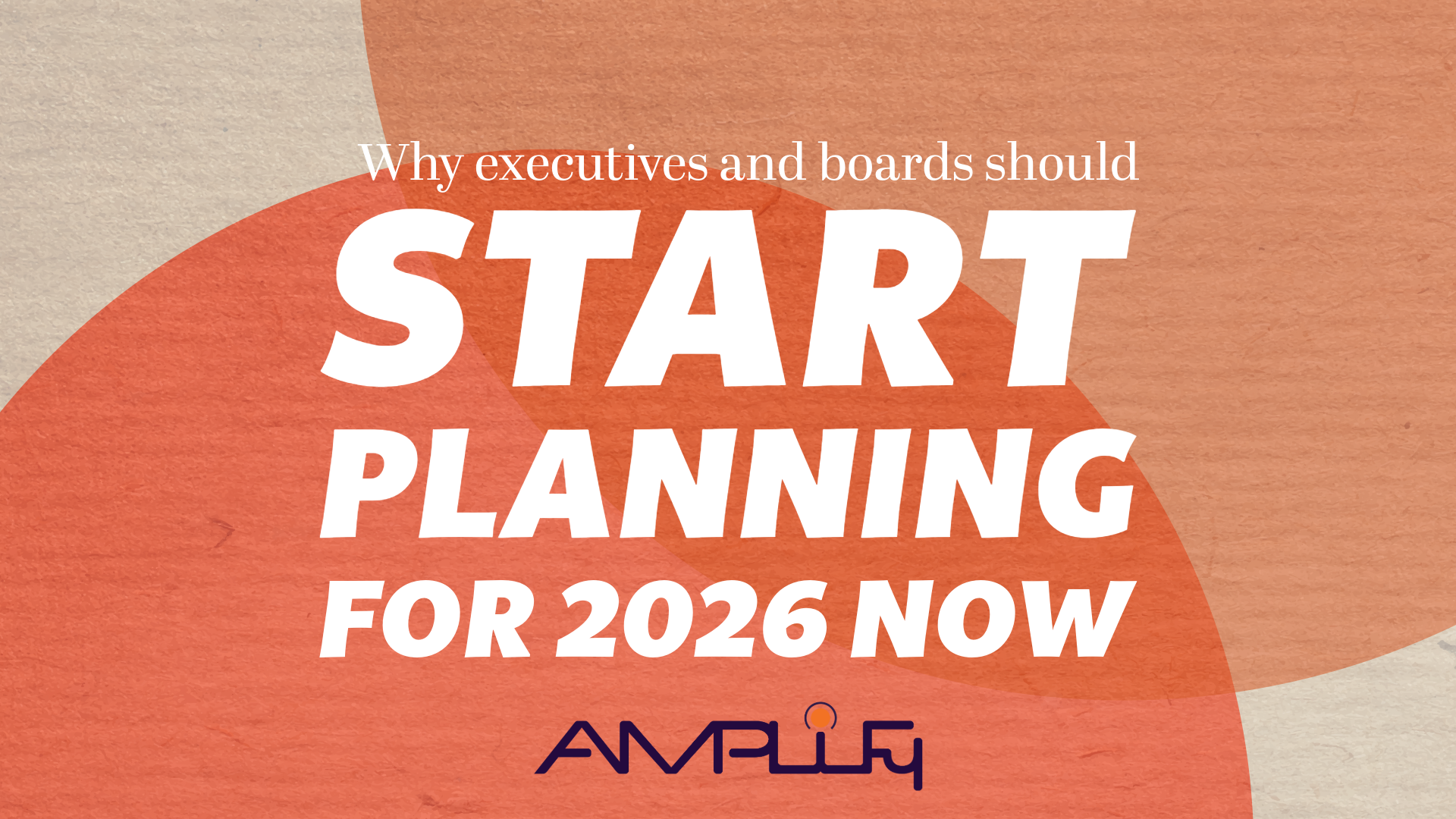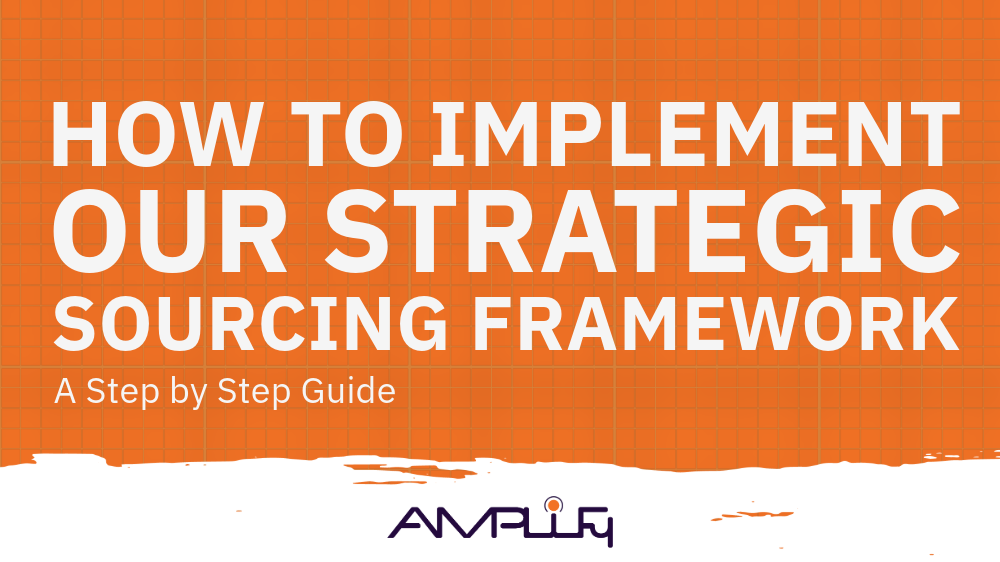Lack of Self-Awareness Is the Most Dangerous Flaw
We use the term self-awareness a lot in our everyday speech. But I wonder how many of us are actually “aware” of what it really means and entails. For a long time, I wasn’t clear on all of the nuances and had to work at cultivating—and heightening—my own level of self-awareness. And believe me, it’s still a work in progress and always will be.
What is self-awareness, and why does it matter?
There are many different definitions of the term and also various perspectives on it. I want to write about the philosophy of self-awareness, which speaks more to the experience we have of our personality and individuality as it relates to others and the world around us. Contrary to popular belief, this is not the same as mere consciousness. Self-awareness is an active state of being, not passive. We must consistently seek to be—and remain—self-aware.
The crux of what I want to write about is how vital self-awareness is for an individual. I would go so far as to say that the lack of self-awareness in an individual is perhaps the most dangerous—and debilitating—flaw one could have. When you aren’t self-aware, it’s as if you are trying to navigate through life without a proper compass that allows you to determine the correct direction. Your logistics will be all wrong, and you will find yourself lost at every turn.
And don’t even think about trying to give someone else directions when you can’t even get your own bearings. Leaders who lack self-awareness are often the worst, most inefficient, and tone-deaf individuals. No one wants to follow someone who is lost themselves, right?
Many of us think we know ourselves, but we don’t. Get rid of this illusion and realize that walking the road toward greater self-awareness will be a never-ending trek, one where we won’t arrive at any final destination. We evolve and have so many experiences every day that change us in small and big ways; remaining self-aware of each of those shifts as we go is a full-time job, but critical nonetheless.
Know what you want
Scholar Yulia Peralta once said, “It does not matter how strong and well prepared you are if you have no direction.” My version of this is that if you don’t dig deep and ask yourself the hard questions—What do I really want? What am I aiming toward? The desire of my heart? My ultimate goals?—you won’t ever know what you want or where you actually want to go. So of course you’ll have no direction! You have to know what you really want before you can ever figure out a single step toward getting there.
Saving the best for last, or at least my personal favorite, I’ll end this article with some wisdom from Carl Jung, who said: “Until you make the unconscious conscious, it will direct your life and you will call it fate.” Now I don’t know about you, but I am a proactive, problem solving, don’t wait around, let’s make it happen kind of guy. Waiting around—or worse, throwing up my hands and resigning my present (and future) to a come-what-may mentality is not for me.
To be truly self-aware is an active state of being. It involves taking the proverbial bull of life by the horns and riding that bronco, even when it bucks. It is not simply sitting back and hoping for the best, then letting the wind blow you around in every changing weather pattern. Bottom line: Know thyself. Everything begins right there. Anything else is a non-starter.




